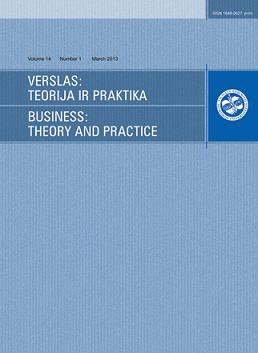ES šalių subjektyvioji gerovė ekonominio išsivystymo ir socialinės politikos kontekste
Subjective Well-Being In EU Countries In The Context Of Economicdevelopment And Social Policy
Author(s): Rasa Zabarauskaitė, Artūras GataūlinasSubject(s): Economy
Published by: Vilnius Gediminas Technical University
Keywords: subjective well-being; welfare state models; social policy; economic development; social benefits
Summary/Abstract: The article examines subjective well-being in EU countries in the context of economic development and social policy. The analysis carried out in the article is based upon the assumption from previous studies that the economic dimension is one of the most important factors influencing subjective well-being. The analysis revealed that subjective well-being in EU countries is more dependent on the level of economic development of the country measured by average income than on the orientation of national social policy measured by total social benefits as a percentage of GDP. Based on homeostatic theory of subjective well-being, income should be regarded as an external factor enabling members of society faced with social risks to maintain subjective well-being within the normative limits. Therefore, in the EU countries where the average income is higher, people have a better ability to sustain a higher level of subjective well-being than in the countries where the average income is lower. The findings of the article partially correspond to Marx’s labour theory of value asserting that the owner of labour needs to get the equivalent corresponding to his or her value of labour including the amount required for satisfaction of needs in case the owner is faced with social risks. Thus, it is not that important in terms of subjective well-being whether, in case of social risks, the value of labour is ensured by the State or a market mechanism.
Journal: Verslas: teorija ir praktika
- Issue Year: 14/2013
- Issue No: 2
- Page Range: 147-156
- Page Count: 10
- Language: Lithuanian

